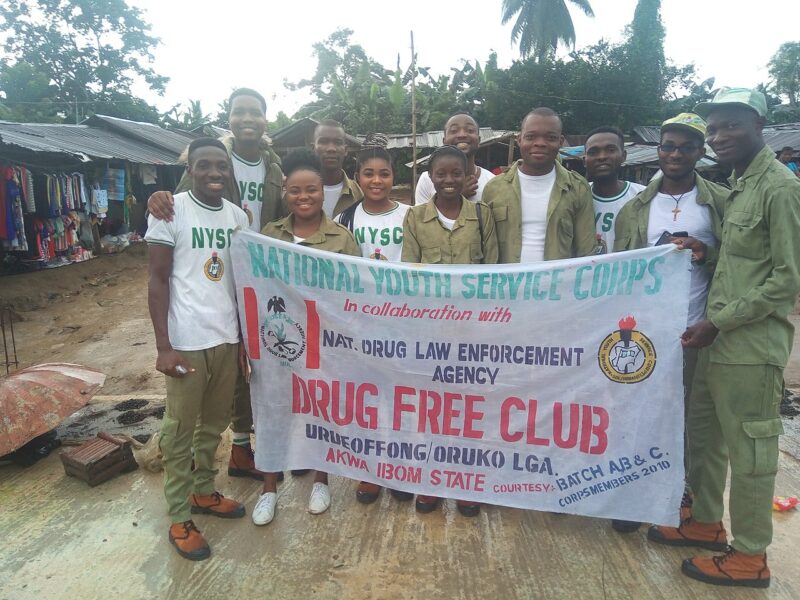As my colleagues and I documented in a mini review of recent insights on the topic in Nigeria, most new psychoactive substances are extremely potent. Some drug users prefer them to conventional narcotics because they want to experience a more intense and longer high.
AuthorEmeka Dumbili
Dr. Emeka W. Dumbili is a Sociologist with expertise in alcohol and other psychoactive substances, micro-macro plastic pollution (environmental sociology/sustainability), social theory, and qualitative methodologies. He completed his PhD in the Department of Sociology and Communications, Brunel University London, exploring the interplay between media consumption, the gendering of alcohol, and aspirational drinking amongst young people.
He held a lectureship position at the Department of Sociology and Anthropology, Nnamdi Azikiwe University, Awka, Nigeria. He was a Georg Forster Research Fellow of the Alexander von Humboldt Foundation, Germany. Between 2016 and 2017, he was a Mildred Blaxter Postdoctoral Fellow at Brunel University London. In 2019, he was awarded the ACU (Association of Commonwealth Universities) Blue Charter Fellowship to explore plastic pollution in Nigeria.
His current research interests centre on gender, the sociology of alcohol/drug use, and public health more generally. He is exploring the gendering of the culture of intoxication, recreational drug use, drug normalization, alcohol labelling practices, and plastic pollution in Nigeria. His writing has appeared in Social Science & Medicine, Sociological Research Online, International Journal of Drug Policy, Addiction Research & Theory, Journal of Interpersonal Violence, Journal of Studies on Alcohol and Drugs, and Drugs: Education, Prevention and Policy, amongst others. He is the Associate Editor of Drugs, Habits, and Social Policy (formerly Drugs and Alcohol Today) and the African Journal of Drug and Alcohol Studies.

